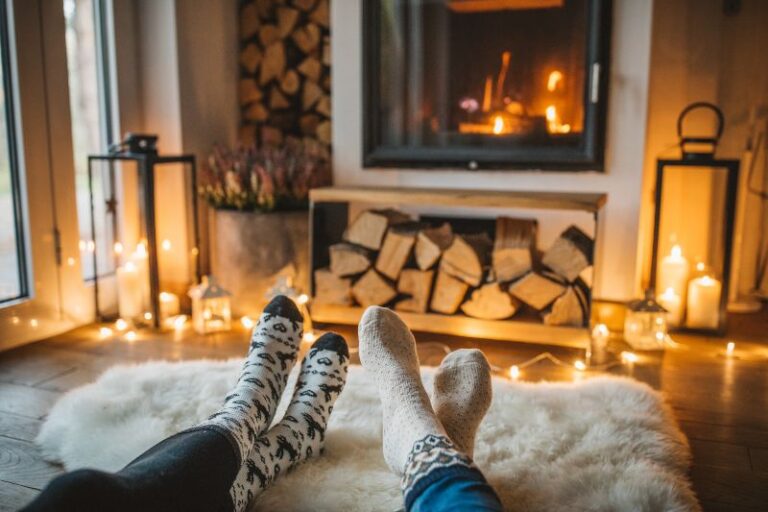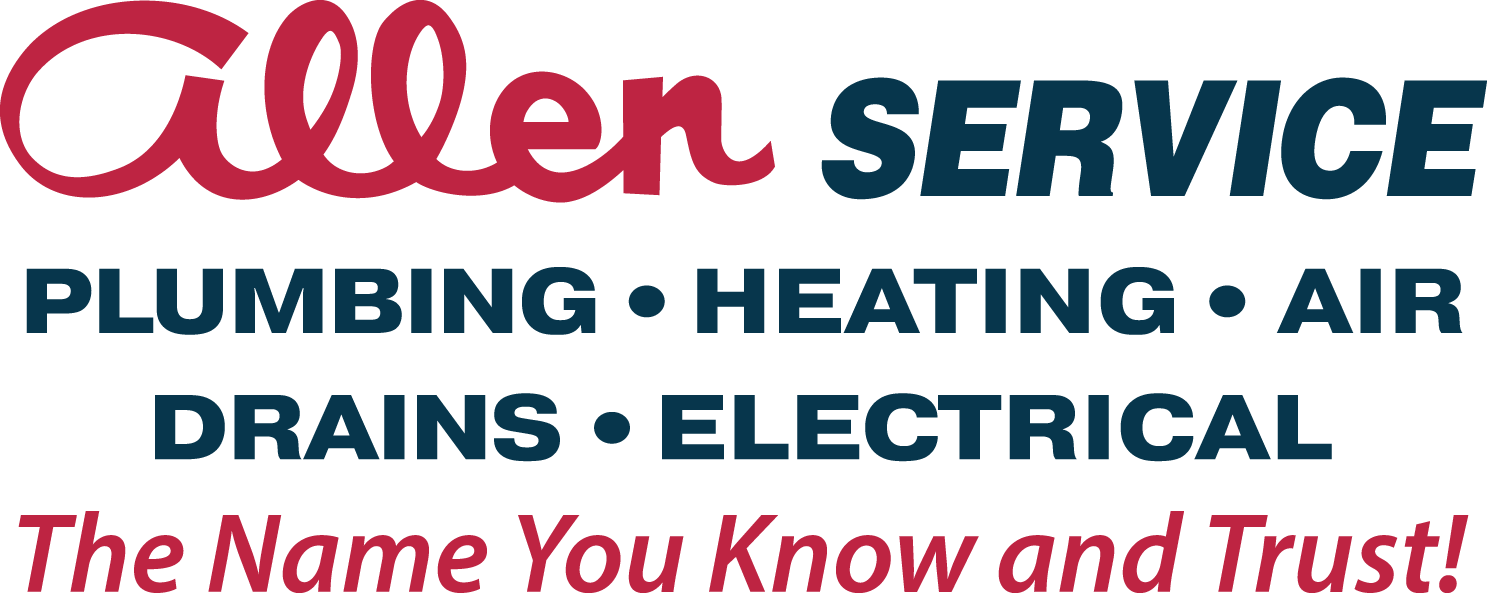
Forced-air central furnaces are the most common home heating systems in the US. The two utility-based fuel options include natural gas and electricity. Propane and oil furnaces are also available, but they’re less popular because they require onsite storage.
Most people know whether they have a gas or electric furnace, but far fewer understand the costs and benefits of each. It pays to learn the differences between gas and electric furnaces when deciding which one to install in a new home. And if it’s time to replace your aging furnace, you may have the option to switch fuel types if it could benefit you.
Considering a Gas Furnace
In Colorado, gas furnaces have long been the default heating system for one reason: utility costs. Natural gas has cost less than electricity for decades. Based on historic prices, a midsized home costs about $150 to $200 per month to heat with natural gas compared to $500 or $600 for an electric furnace.
True, gas prices have skyrocketed in Colorado for the 2022-2023 heating season due to poor Russian relations, inflation, and lower local gas production. But hopefully, costs will level out by next winter so natural gas customers can resume the affordable heating they have long enjoyed.
Considering an Electric Furnace
If you don’t want to pay to install gas lines or simply don’t have the option, you may be eyeing an electric furnace. While they produce a nice, hot “delivery temperature” like gas furnaces, the high cost of electricity could be detrimental. For this reason, electric furnaces are only recommended for mild climates where the temperature rarely dips below freezing. This is not the case in Fort Collins, where the average overnight low from December through February is below 20 degrees. Fortunately, a furnace isn’t your only electric heating option.
For improved efficiency, consider an electric heat pump. This system operates on the same principles as an air conditioner, using refrigerant to move heat rather than generating it from a combustible fuel source. In fact, thanks to a reversing valve, heat pumps serve as efficient air conditioners in the summer, eliminating the need to install a separate cooling system.
Still, heat pumps have some drawbacks. Because they extract heat from cold air, the delivery temperature is far lower than that of furnaces, making it take longer to heat your home. Standard heat pumps also struggle to heat efficiently in sub-freezing conditions, so they feature a backup electric resistance heater for those chilly nights. While this ensures home comfort, it also raises your energy bills. Cold-climate heat pumps have technology that helps them operate better at lower temperatures, something Northern Colorado residents should consider.
Installation Considerations
If you’re interested in switching fuel sources, you can’t simply swap out an electric furnace for a gas furnace or vice versa. Consider the initial costs and requirements before making the switch.
Installing Natural Gas Lines
During the 1970s and 80s, widespread natural gas and oil shortages resulted in many homes across the US being built without gas lines. This shifted in the 1990s when gas furnaces began providing significant savings over their electric counterparts in cold climates.
Most homes in Colorado have natural gas lines, especially those built in the 90s or later. If your home doesn’t have this feature, you can pay to have one installed. This may require asking your neighborhood’s gas company to run a line from the street to your home. Then, a licensed plumber can install gas hookups where you want to put your new furnace.
Just be aware that in an age of climate change and rising energy prices, many Colorado cities are looking to limit natural gas as an option for new structures. This could lead to a drastically reduced natural gas infrastructure within the next few years. While it seems a ban on natural gas hookups in residences is unlikely any time soon, the state is continuing to take steps toward more complete “building electrification.” This is certainly something to consider before paying to install natural gas lines, so ask a knowledgeable technician for more information.
Putting in a Venting System
Electric furnaces—and heat pumps, for that matter—do not produce combustion fumes, so they don’t require ventilation. Switching to a gas furnace may necessitate installing a furnace flue, which leads up and out through the roof. Depending on your furnace’s location, this could be cost-prohibitive or downright impossible, so ask a technician to assess your situation before finalizing any decisions.
Updating Electrical Wiring
Adequate voltage is required to power an electric furnace. If you currently have a gas furnace, your existing wiring may be up to par. However, if you need new wiring or an entirely new circuit installed, leave this task to a licensed electrician.
Equipment Matching
If you’re only looking to replace your furnace, it’s important to note that all heating and cooling components must be compatible to maximize efficiency. For instance, a new furnace must have a blower motor your central air conditioner can share.
You can also explore non-traditional system pairings, such as an electric heat pump with a gas furnace. Known as dual-fuel heating, this system relies primarily on the heat pump, only switching to the furnace as a backup heat source when the temperature drops outside. A knowledgeable HVAC technician can help you decide if this best-of-both-worlds scenario could be the setup you’re looking for.
Request Heating Service in Fort Collins
Whether you need new furnace installation, want to switch fuel types, or are simply looking for furnace repair or maintenance, Allen Service has you covered. We are Northern Colorado’s home heating experts, with over 60 years of experience helping our customers stay warm and comfortable every winter. Over the years, we have built a reputation for quality work, competitive pricing, and exceptional customer service. To enjoy all this and more, please call us at 970-672-1660 or contact us online and request the heating service you need.
